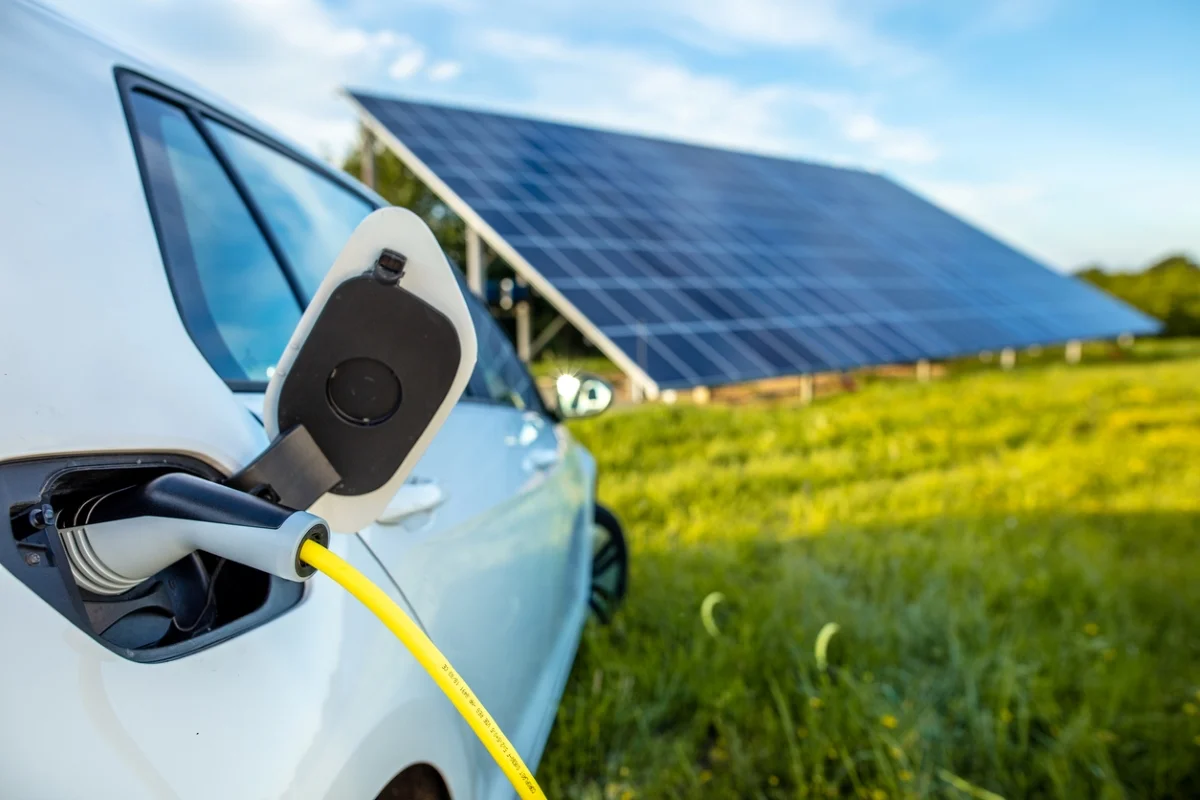Are you considering the switch to an electric car for environmental reasons and cost savings? Many people are making the transition to electric vehicles (EVs) these days. It’s a great way to reduce your carbon footprint and save on fuel costs in the long run. But, did you know that you can take your eco-friendly commitment a step further by harnessing the power of the sun? In this article, we’ll explore the possibility of using home solar panels to charge an electric car and how it can benefit both the environment and your wallet.
Can Home Solar Panels Charge an Electric Car?
Homeowners with solar panels often wonder if they can use their solar energy system to charge their electric vehicles. The answer is a resounding yes! With the right setup, your home’s solar panels can provide a clean and renewable source of energy to power your electric car. Let’s delve into the details of how this process works and the advantages it offers.
How Does it Work?
To charge an electric car using home solar panels, you’ll need a few essential components:
- Solar Panels: Your home solar panel system generates electricity from the sun’s energy. This energy is converted into electrical power that you can use throughout your home.
- Inverter: The inverter is responsible for converting the direct current (DC) electricity generated by the solar panels into alternating current (AC) electricity, which is compatible with your home’s electrical systems and your electric car.
- Electric Car Charger: You’ll need a dedicated electric car charger that connects to your home’s electrical system. This charger will allow you to charge your EV efficiently.
- Battery Storage (Optional): To ensure your electric car can be charged even when the sun isn’t shining, you may want to invest in a battery storage system. This stores excess energy generated during the day for use at night or on cloudy days.
Once you have these components in place, here’s how it all works together:
- The solar panels generate electricity from sunlight.
- The inverter converts the DC electricity into AC electricity for use in your home and electric car.
- Your electric car charger connects to the inverter, allowing you to charge your vehicle using the solar-generated power.
This system not only charges your EV but can also power your home, reducing your dependence on grid electricity.
Advantages of Charging Your Electric Car with Solar Panels
- Reduced Carbon Footprint: Charging your electric car with solar panels significantly reduces your carbon footprint. It’s a green and sustainable way to power your vehicle, making your daily commute even more eco-friendly.
- Lower Operating Costs: Once you’ve installed solar panels, the electricity generated is essentially free. Over time, this can lead to substantial cost savings compared to traditional gasoline or grid electricity.
- Energy Independence: By generating your electricity, you become less reliant on the grid and its fluctuating prices. You’ll have more control over your energy costs.
- Potential for Government Incentives: Many governments offer incentives and tax breaks to homeowners who install solar panels and charge their electric vehicles with clean energy. This can further enhance your savings.
- Increased Home Value: Solar panel installations can boost the value of your home. If you ever decide to sell, you can expect a higher resale price due to the added solar energy system.
Optimizing Your Solar Panels for EV Charging
To maximize the benefits of charging your electric car with solar panels, consider the following:
- Solar Panel Placement: Ensure your solar panels are installed in a location with maximum sun exposure, such as your roof. Optimal placement will increase energy generation.
- Energy-Efficient EV: Choose an energy-efficient electric car model. The more efficient your vehicle is, the less energy it will consume during charging.
- Battery Storage: If you live in an area with variable sunlight, invest in a battery storage system to store excess energy for later use.
- Monitor Your Usage: Keep track of your energy consumption and generation to make informed decisions about when to charge your electric car.
Conclusion
In answer to the question, “Can home solar panels charge an electric car?” – Yes, they absolutely can. Charging your electric car with solar panels is not only possible but also an environmentally responsible and financially rewarding choice. It reduces your carbon footprint, lowers your operating costs, and can even increase the value of your home.
By harnessing the power of the sun, you can enjoy the dual benefits of clean transportation and lower energy bills. So, if you’re considering an electric car, it might be time to think about adding solar panels to your home as well. It’s a winning combination for you and the planet.
